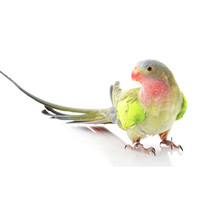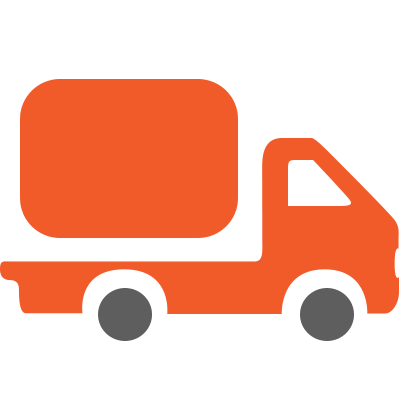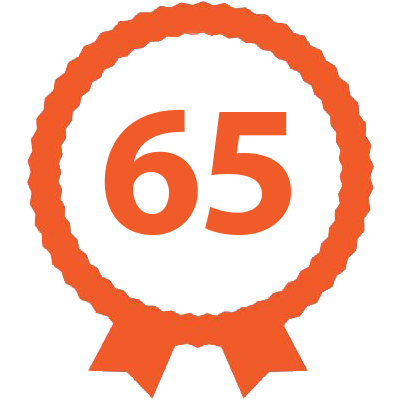Parrot Diet - Worst vs Best
On: 21 May 2018

When we offer a great diet EVERY SINGLE DAY we can exercise control over the health of our birds. Keeping on top of these things provides birds with the best possible quality of life and allows the owner to avoid the high-priced vet bills that occur when a bird is unwell.
The 5 all time worst parrot diets
- An all seed diet – There is such a love/hate relationship with seed in the parrot world. On the one hand, seed has merit. It is part of the wild parrot’s diet, especially the smaller birds, and it does have purpose nutritionally. It should be PART of the diet (e.ge. the training reward portion to keep its consumption under watchful moderation.)
On the other hand, its dietary content is incomplete. It can’t come close to sustaining a bird’s health on its own. And, sadly, in many homes, it is expected to do just that.
The bird that lives on seed has access to certain minerals and Essential Fatty Acids, but almost none of some of the vitamins that are essential to good health. On its own, it is a high fat diet that leads to obesity and other health issues. - An all pellet diet – Like the all seed diet, an all pellet diet is insufficient on its own. Pellets are produced with the good intention of providing all the nutrients a parrot needs for good health. However professional avian veterinarians are finding a host of health issues arising from an all pellet diet.
- A human food diet – Most birds turn into Olympic-trained acrobats when it comes to trying to get a look at what’s on their owner’s dinner plate. It would be lovely to share it with them but it is likely to have been prepared for human consumption with butter, salt, sugar or sauces. Once you begin offering human foods, in all their buttery glory, you can never again expect your parrot to accept them raw and unadorned, the way nature intended them to be eaten.
- A high fat/calorie diet – Whether its human food or parrot food you are giving your bird, you can count on health problem arising from the high fat diet. Parrots, given their own choice, will go for the nuts, seeds, dried fruit and the packaged parrot snacks before the broccoli every time. Even if your bird has no qualms with broccoli, the pull of the seed is stronger and will always win. Common sense will tell you not to give a child the choice between an apple or a Mars bar for a snack. Same with birds. It is up to you to push the diet in a healthy direction.
- A diet with only 1 or 2 types of food – Here’s one you may not expect: “My parrot LOVES carrots and would happily eat them all day long.” Good diet, right? Sorry, no! Carrots are great. I love carrots. I love birds that love carrots. But they aren’t so great that they can do the job all by themselves. Carrots are loaded with beta carotenes. The body coverts that to vitamin A which is essential for the good health of your parrot. That’s a wonderful and important benefit to the parrot diet. However, what about vitamin C? Or K? What about minerals? There is no one food that can guarantee your parrot good health on its own.
So, what is an affordable GOOD parrot diet??
The very best parrot diet is the one that is most widely varied and that includes foods from the different food groups that are applicable to parrots; seeds and nuts (in limited amounts), pellets, fresh fruit and vegetables, native Australian leaves and flowers and for Honey/Nectar eaters a high quality dry or wet mix. There is a huge list of foods to choose from. Unfortunately, most people feel unsure of themselves and avoid them.
Your aim, over time, is to have a diet that consists of 80-90% fresh produce and a trusted brand of pellets with the remaining 10-20% made up of a high quality seed blend, nuts and other treats. Be careful not to over feed your birds. Remember they are only small and up to a few tablespoons of food per day (depending on the species) is often more than enough. Filling your birds food bowl to the brim will only lead to wastage as your bird will love flicking it all over the place and will only pick out their favorite food. It is important to monitor your birds weight and all diet changes should be gradual.








